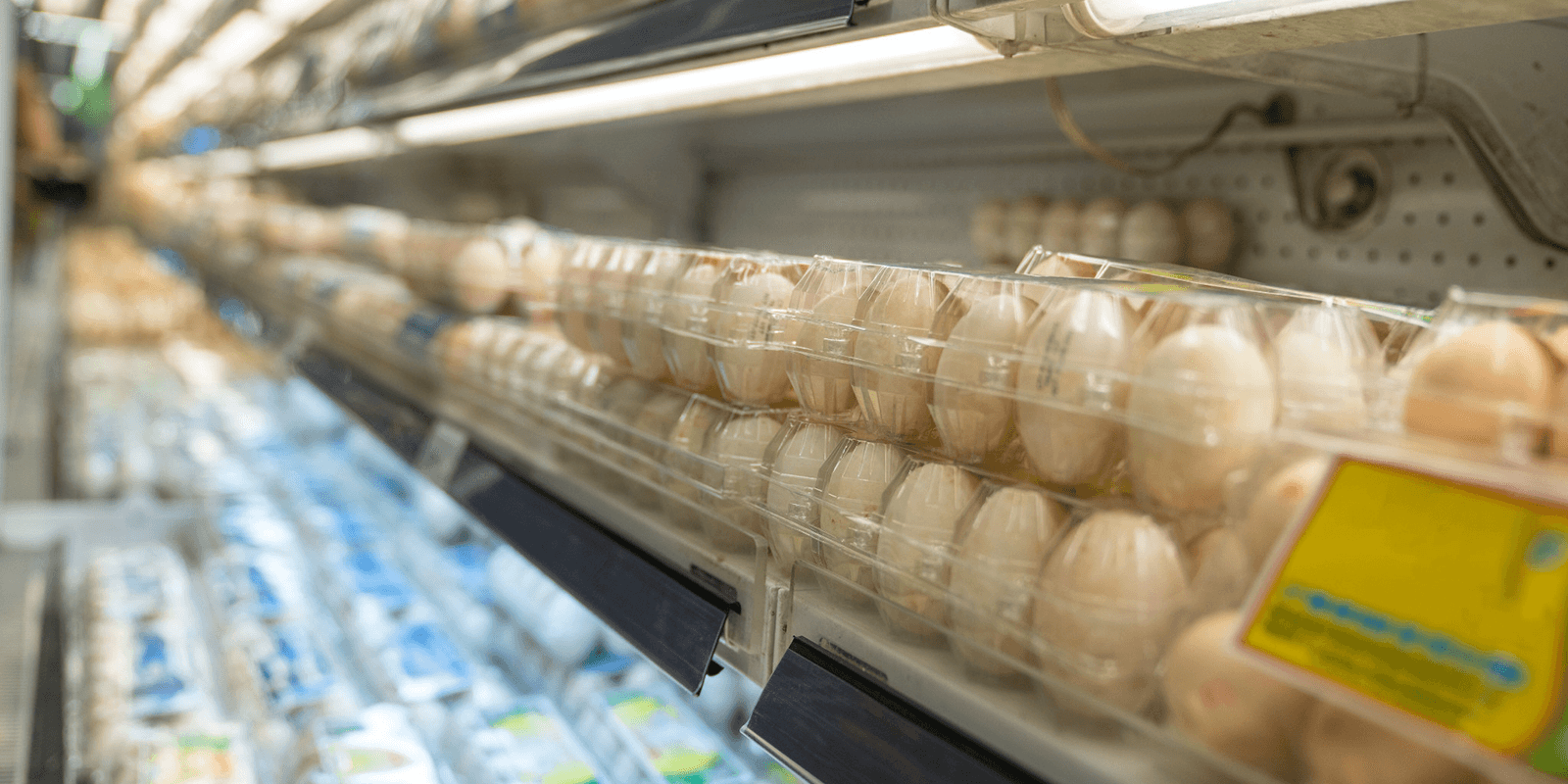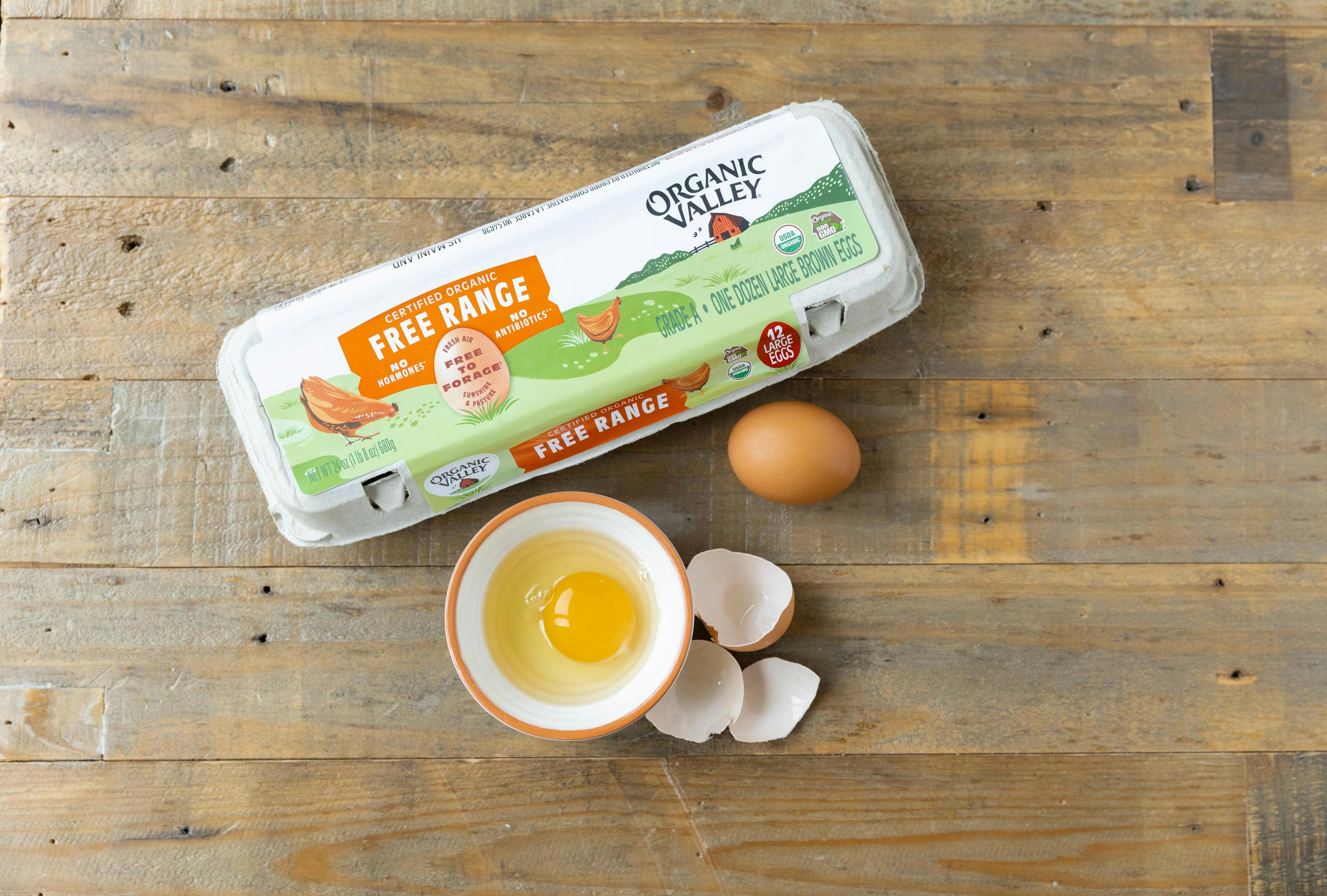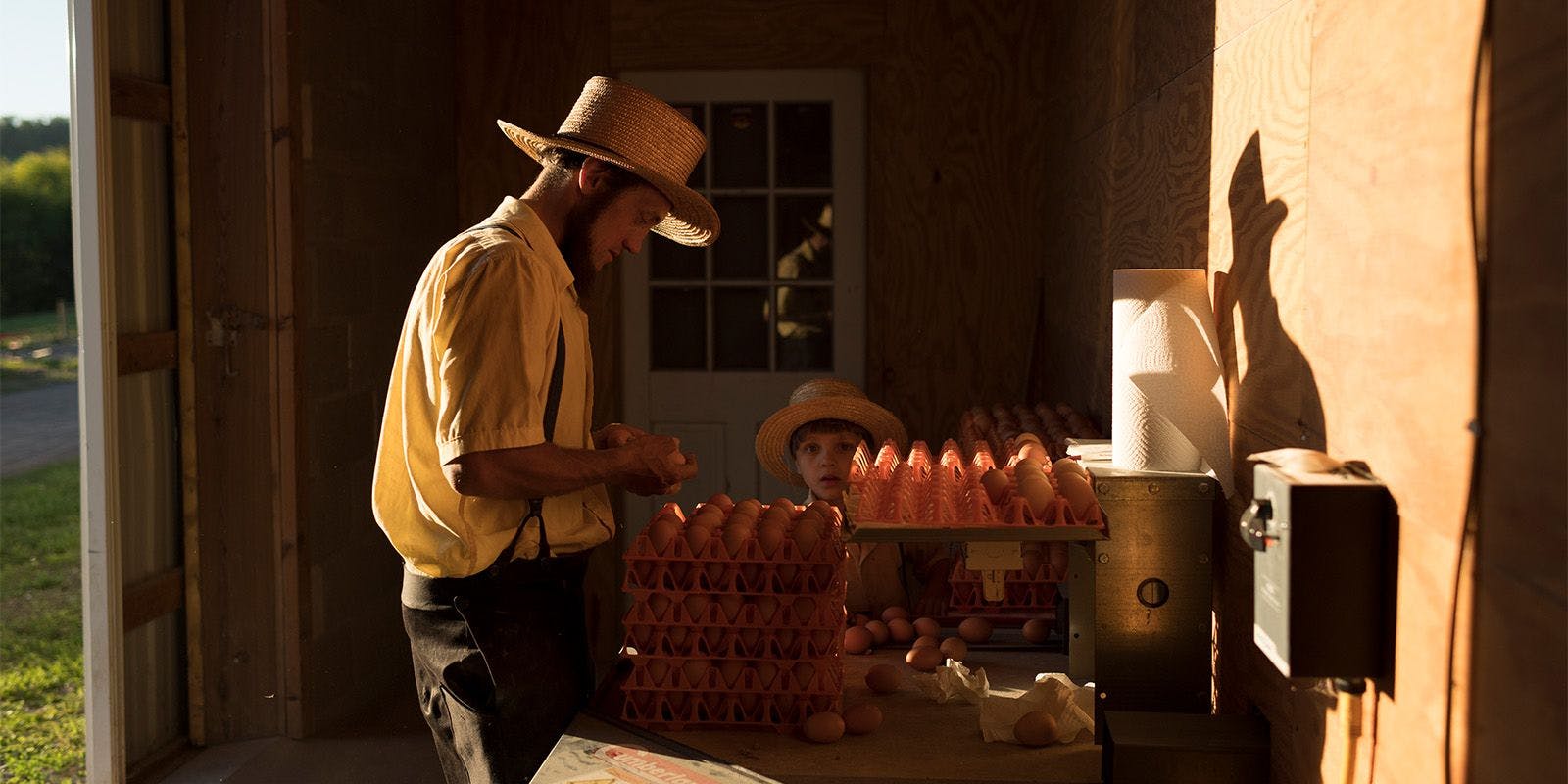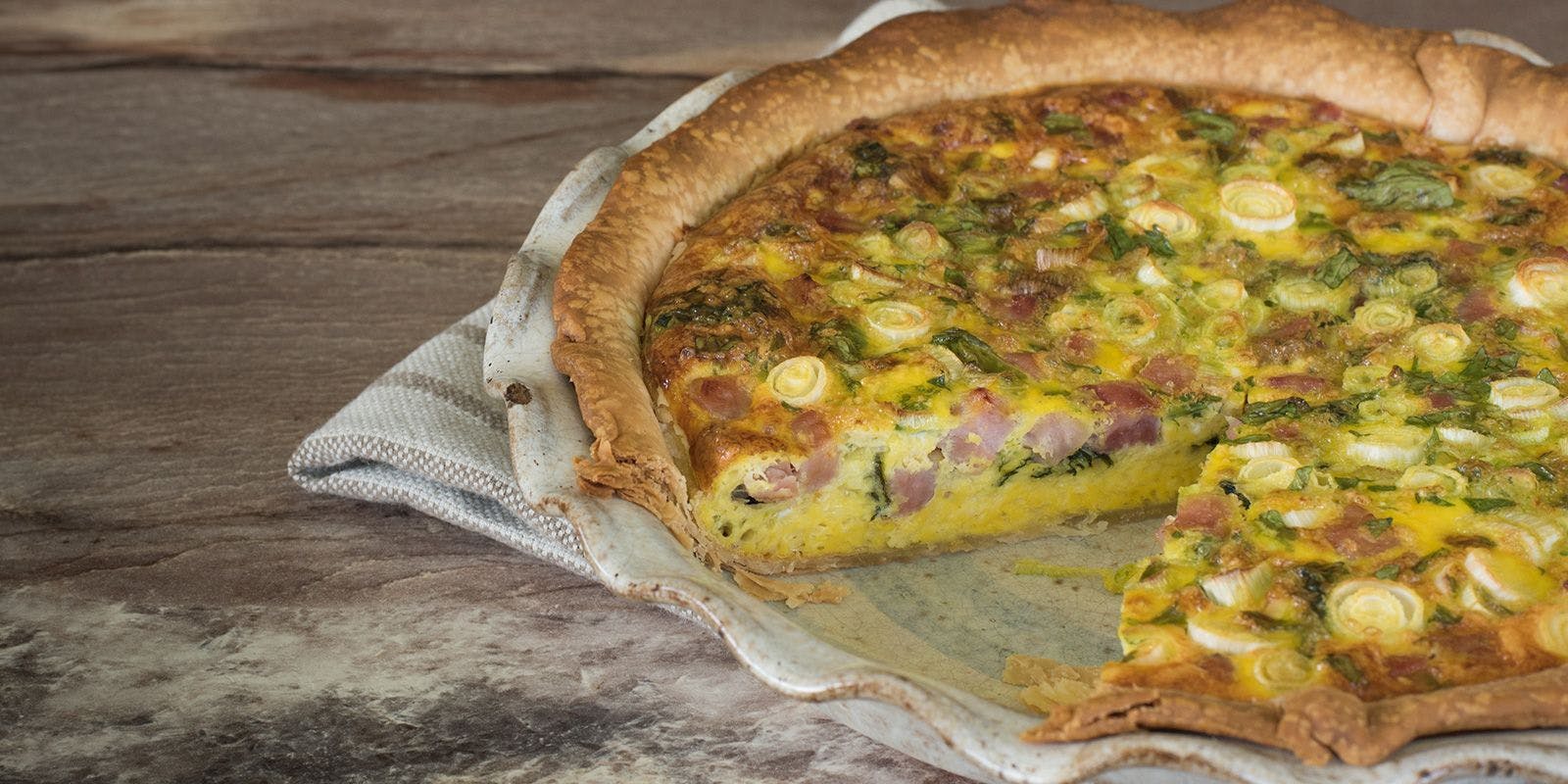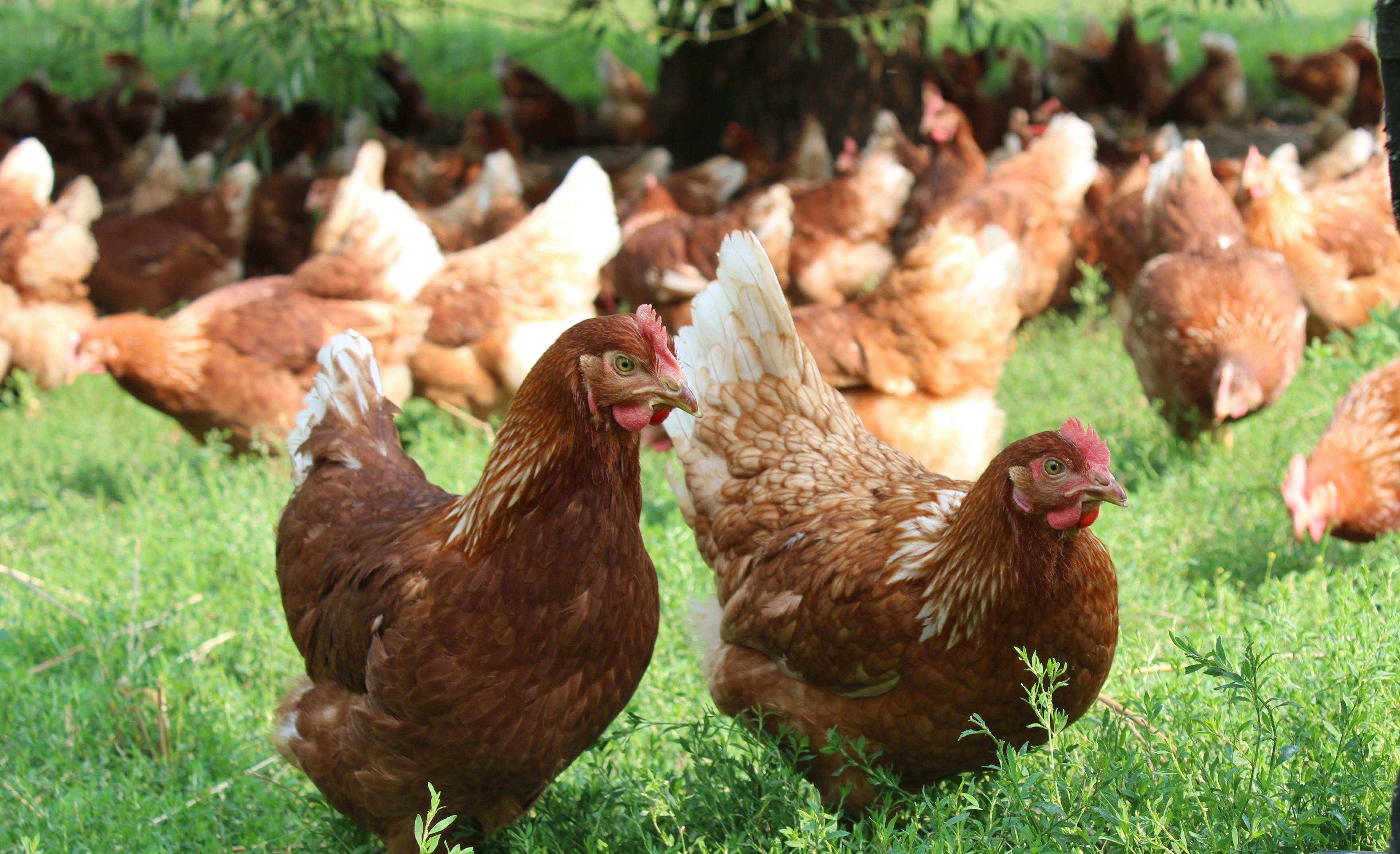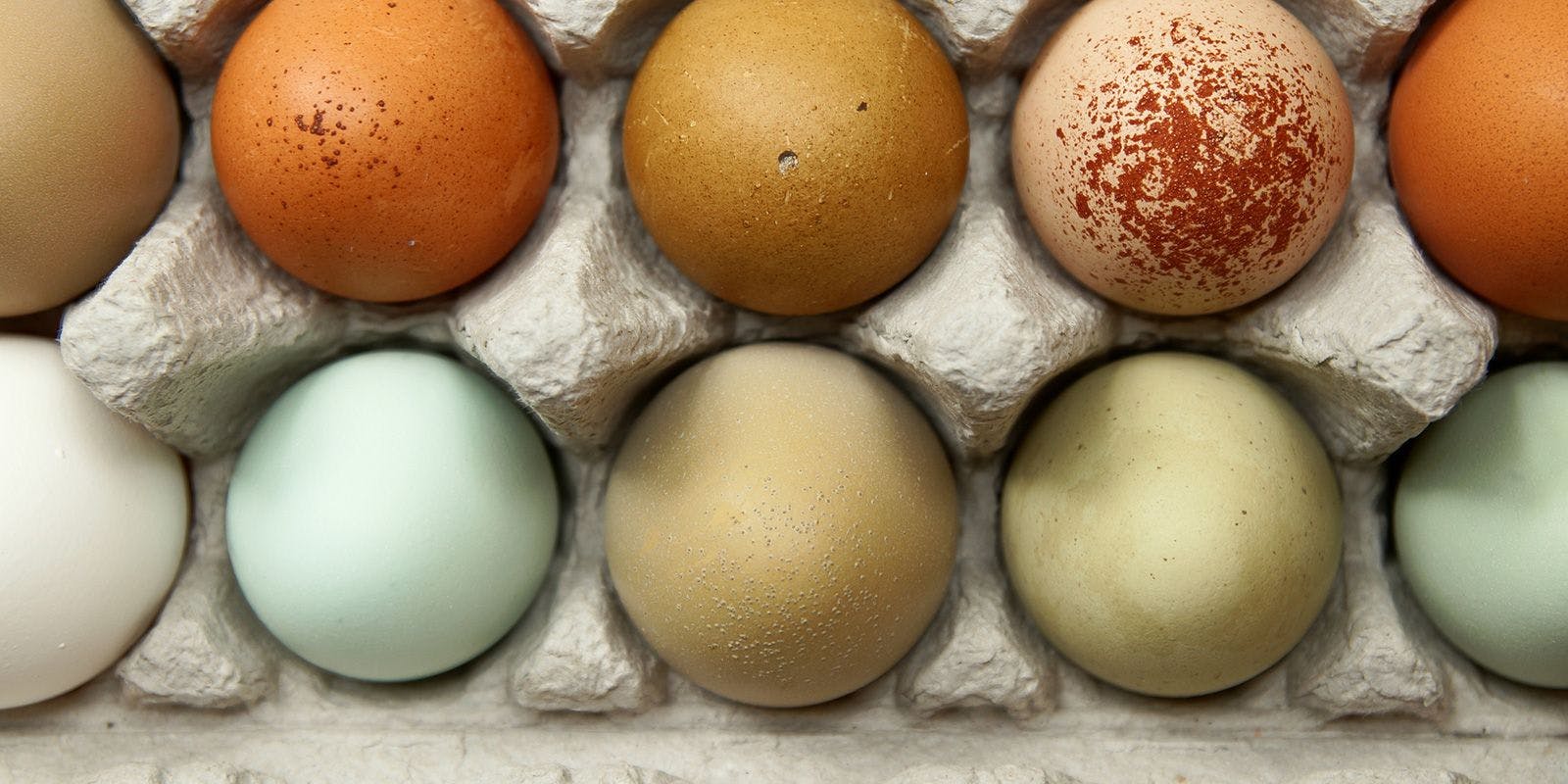
Farming
What is Free to Forage? It’s What Hens Want.
When you care for laying hens as long as we have, you learn a thing or two about what works best for them and what doesn’t. With that knowledge, we found ourselves caught between national animal care standards that aren’t clear and detailed enough (as far as we and our birds are concerned) and standalone certifications that don’t account for many above-and-beyond practices we already do.
So using USDA Certified Organic as a foundation, we created our own hen care standards that provide clear and actionable direction for Organic Valley egg farmers and their birds. We call it Free to Forage™.
Free to Forage is our way of clarifying what works best for the birds. Organic Valley hens must have access to fresh air, sunshine and organic pasture, which means their outdoor space must be free of toxic pesticides, herbicides and GMO plants. It’s about going above and beyond the animal care requirements of the National Organic Standards to provide birds with what our 25 years of experience raising chickens has shown us they need.

Chickens on the Toews family’s Organic Valley egg farm have easy access to a shelter to give them shade and protection, which helps them feel comfortable spending more time outside.
For example, we enhance the birds’ outdoor space by providing habitat hens want: a safe space to scratch in the grass and straw for bugs, dirt areas for dustbathing, access to food and water 24/7, and trees or structures to provide shade and protection from predators. Chickens are prey animals, so they won’t linger in large, open, unprotected areas. However, they’re happy to scratch around outside if they feel protected and have water close by. Some hens are bolder and will venture farther out in the open than most of the other birds, but the flock tends to stay close to where it feels safest.

Sally the Great Pyrenees guards the chickens on the Toews family farm in Colorado.
Guard dogs in the chicken yards can give the birds an added sense of protection too. At the Toews family farm in Colorado, Sally the Great Pyrenees seems calm and even lazy around the chickens and children, but her presence keeps predators like hawks, owls, raccoons, weasels, coyotes, and foxes away.

Organic Valley hens have plenty of chicken-sized doors to access the outdoor space with.
In their barns, the birds can access food and water 24/7 and have roosts and perches to satisfy their instinct to get off the ground. The barns are equipped with plenty of right-sized doors to encourage hens to go outdoors. Here on the Toews farm, the doors are chicken-sized—not too big and not too small—so that a few of them at a time can approach, look outside to see if it’s safe, and when they see it is, they’ll head on out. The only time our hens are kept inside is at night and during bad weather. All other times, they are free to choose where they go and when.
Between the USDA Organic seal and Organic Valley’s Free to Forage hen care standards which were developed based on our farmers’ 25 years of hen-raising experience, we provide our laying hens with excellent care and a high quality of life that is based on our study of their behaviors to understand what satisfies their wants and needs.
When you see “USDA Organic” and “Free to Forage” on Organic Valley egg packages, you can be assured that the hens are in charge. We maintain a bird’s-eye point of view when it comes to caring for our chickens, which means continuous improvement in our care standards as we learn and grow.
* While Organic Valley hens are Free to Forage™ outdoors, we take proactive steps to protect our flocks, including increasing biosecurity and keeping hens inside when the situation calls for it. Our on-staff veterinarians are also closely tracking regional bird flu outbreaks, and they are constant resources for our farmer-members. Keeping hens indoors is the exception in the rare case there is a high-risk situation where the health and safety of a flock is compromised by outside variables such as the bird flu or other outbreaks across the country.
Related Articles
- Tags:
- animal care,
- food labeling













